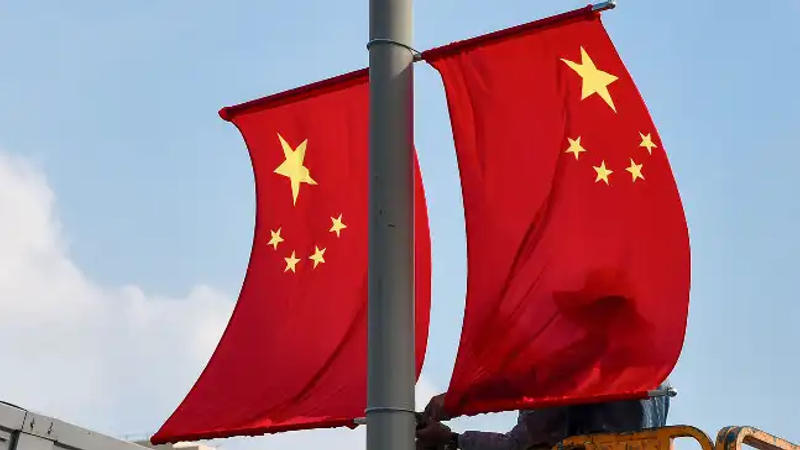OPINION
Published 14:09 IST, July 9th 2024
China’s central bank is stuck in a policy dilemma
PBC on July 8 said it would start conducing temporary bond repurchase or reverse repo operations to ensure “reasonable and sufficient liquidity.

Chinese flag | Image:
AP
- Listen to this article
- 3 min read
Advertisement
14:09 IST, July 9th 2024
